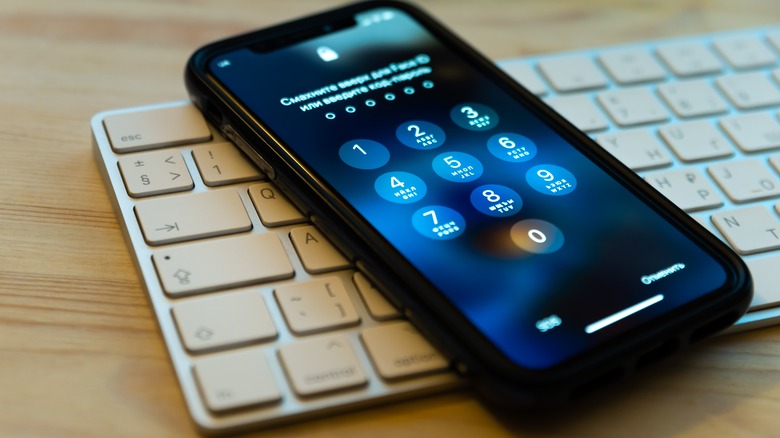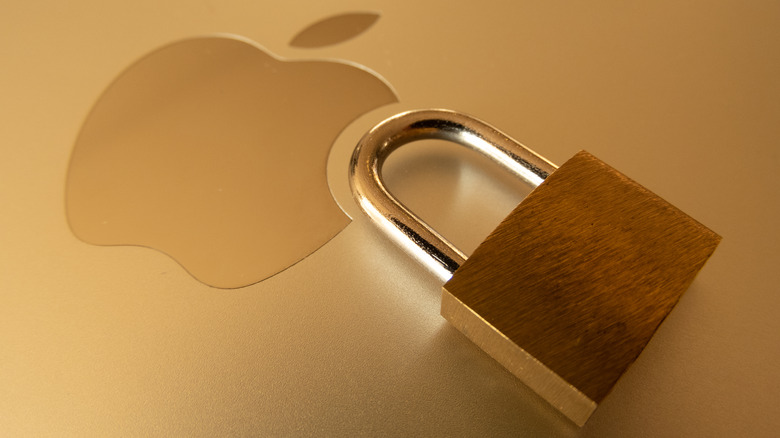Apple Drops Controversial Plans To Scan iCloud Uploads For CSAM
In a recent reversal of policy, Apple has announced the company will not be searching data stored on iCloud for material related to child sexual abuse and other illegal acts. The news follows multiple complex challenges Apple has faced related to data storage and user rights as they pertain to law enforcement. Most famously, the company refused to decrypt the iPhone of the accused San Bernardino shooter in 2016, sparking a lengthy legal battle with the FBI. Courts ultimately ruled that Apple could not be compelled to violate its security without customer consent, though it became academic in the San Bernardino case when the FBI got the phone's password from another source.
Other cases of law enforcement seeking access to Apple products in violation of its TOS and obligation to its users had arisen before. ATF agents also made unsuccessful demands that the company hack an iPhone in 2013, and the DEA tried and failed to hack iMessage earlier that year. The question of whether tech companies have the right to scrutinize user data at the behest of law enforcement is a fraught one. Apple has been at the forefront of the issue for years. Policy decisions by tech giants like Apple will likely determine the future of data security in the digital marketplace, which is why its plan to scan for CSAM was so controversial.
Digital safety, data security and the balance of power
Apple first announced its intentions to search user data for potentially illegal content in 2021, triggering a backlash from experts and security-minded users who objected to searches of their data and questioned the ability of Apple's automated systems to correctly flag illegal material. As reported in WIRED, Apple has elected to disengage from the issue entirely, leaving the question of illegally stored digital material to law enforcement and the courts.
Indeed, the company is enhancing its security measures, offering end-to-end encryption for iCloud, and extending protections to backup data and photos. Instead of searching data, Apple will provide a suite of features on its browsers and search functions allowing parents to set safety measures and users to report suspect material (via The Wall Street Journal). For now, Apple's decision to encrypt iCloud data and drop its plan to inspect cloud saves for sketchy material is in keeping with its earlier position. As far as Apple is concerned, its users' security expectations trump government demands. Whether that continues to be the case will likely depend on future court decisions.

